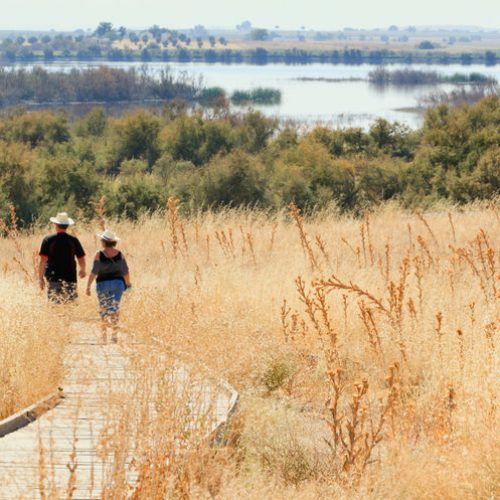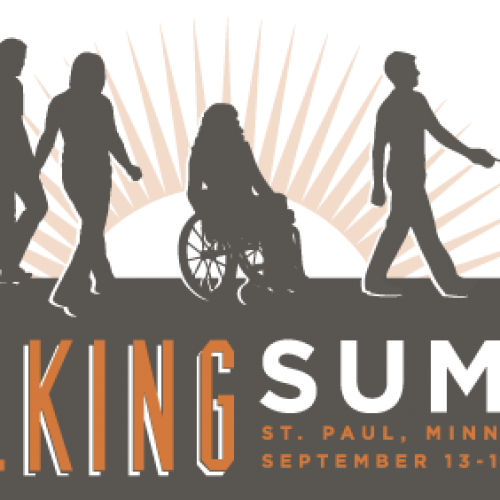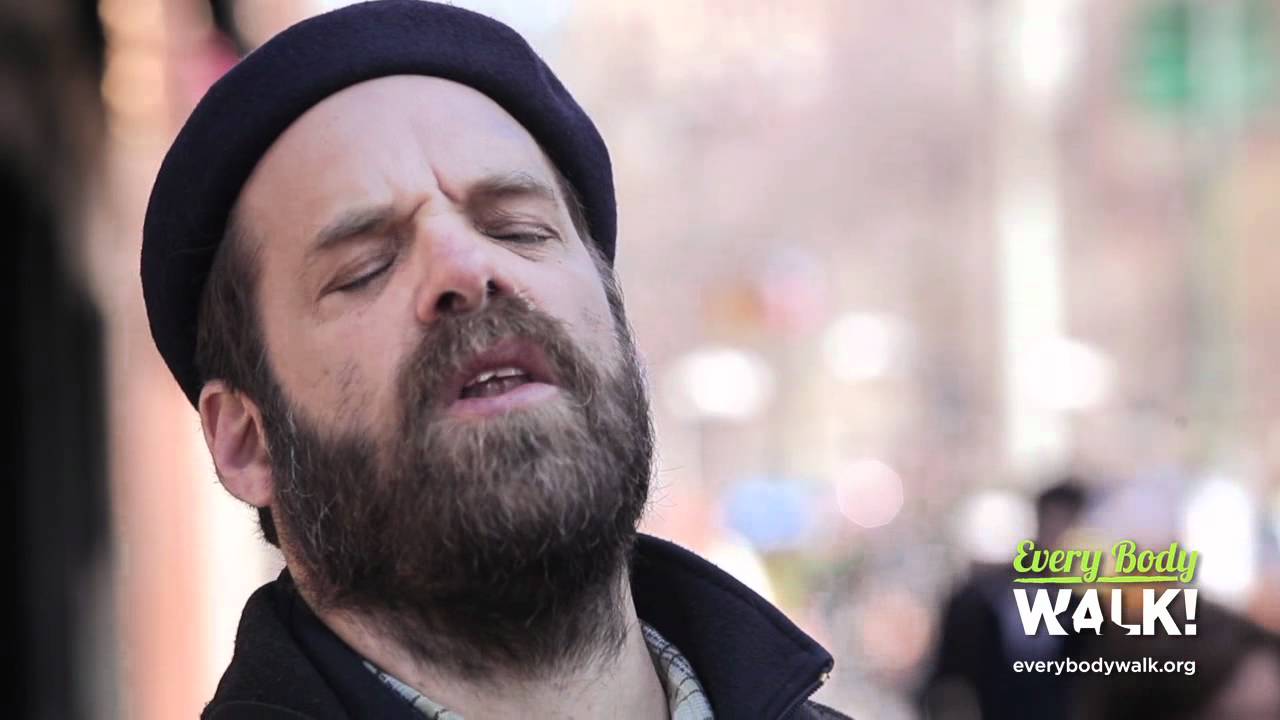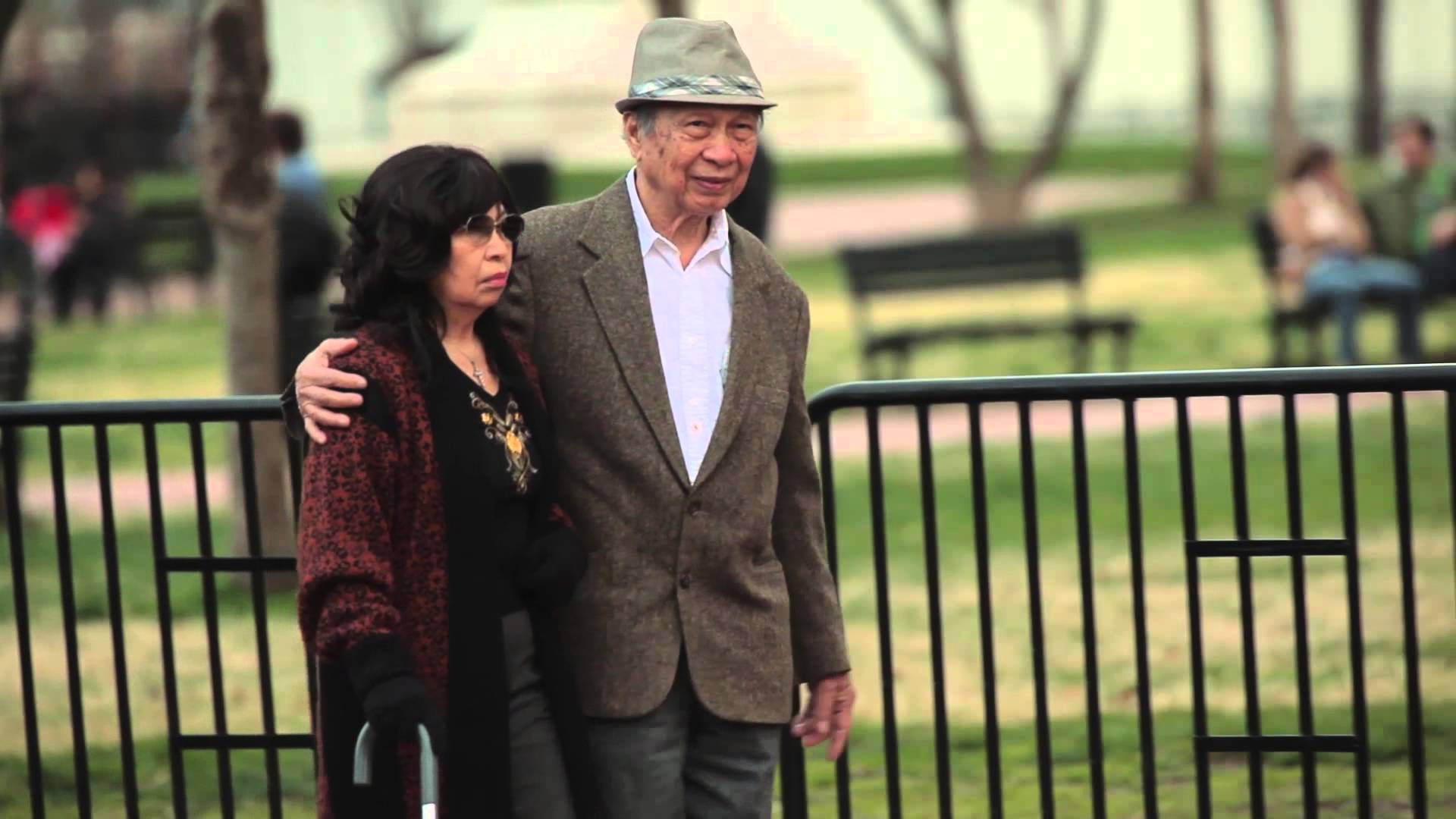
A trailblazing approach to mental health by Forestry Commission Scotland and local health boards is seeing service users go on activity-filled woodland walks
The Scottish are keen woodland-goers, with 78% visiting woods for recreation compared with 56% across the UK, according to the Public Opinion of Forestry survey. Now, walks are being used by Scottish health services as an aid for those with mental health conditions.
Since 2007, Forestry Commission Scotland has been putting the calming effect of woodlands to good use in courses for groups of adults with long-term mental health conditions. Branching Out consists of 12 three-hour sessions of conservation work, art creation and bushcraft, followed by a graduation ceremony. Healthcare professionals accompany their patients and take part, with specially trained woodland experts acting as leaders.
Participating healthcare professionals include occupational therapists and community psychiatric nurses. They come primarily as supporters rather than carers. “It’s de-medicalised. Everyone dresses the same,” says Kevin Lafferty, the commission’s access, health and recreation adviser, who adds that it can change relationships significantly.
“It allows both the healthcare worker and the patient to be more open so they can speak more freely to one another. Being in a woodland itself creates a positive environment for recovery and healing.”
The commission has trained more than 70 course leaders who have prior experience in outdoor skills. Often these are countryside rangers from councils or voluntary organisations, who go on a three-day training programme and a two-day mental health first aid course. In case of disruption, they are able to call on the healthcare professionals the patients know for assistance. However, those who would be unable to take part in group activities due to their mental ill health or who have blood pressure or heart problems are generally deemed unfit for courses.
The first courses were run by the commission with NHS Greater Glasgow and Clyde, Glasgow city council and other local organisations at Cathkins Braes Country Park on the south-east edge of Glasgow. The operation now runs more than 200 courses.
“The focus was to look at the mental health benefits of woodlands and green space for mental health patients,” says Hugh McNish, social programme manager for the commission.
As well as being Scotland’s largest city, Glasgow has other advantages as a course location. “Glasgow is well served with access to green space, but people don’t always know where it is,” says McNish. “We have access to good quality woodland within half an hour.”
Nine of Scotland’s 14 health boards now use Branching Out, with NHS Grampian planning to join. The courses are open to patients with conditions including psychosis, schizophrenia, anxiety and mild depression, and accepts those living in the community and in mental health hospitals.
While the commission and health boards approach individual units with offers to take up the courses, patients have the final say in whether or not they attend. “It’s self-selection for the participants rather than a medical referral,” says McNish. Participants generally take part with other people from the service.
Following an initial briefing a week or two before the first session, groups of up to 12 are taken from a central pick-up point by bus to the woodland. Participants set up a camp area and are taught bushcraft skills, including how to light fires using natural materials, how to prepare food and how to build shelters.
The sessions also involve conservation work, removing invasive species such as sycamores and rhododendrons, and planting native ones including Scots pines, oaks and birches. “All the different sights and sounds and smells are very different from the hospital environment that I’m used to, and I’ve really enjoyed being out in the countryside,” says one participant.
As well as practical skills, the courses incorporate arts and crafts activities, with participants engaging in photography, sculpture using leaves, acorns and clay, and tree-dressing – wrapping trees in natural materials such as wool. “It’s like an art installation, it creates an interest,” says Lafferty.
The art is displayed at the course’s graduation ceremony, which can be attended by friends and family. Many participants also complete the John Muir Award, which they receive at the ceremony along with certificates of attendance and skills learned. “For some of the participants, that’s the first qualification they have ever received,” says Lafferty. “That can be quite a big deal for them.”
Local voluntary services such as the John Muir Trust, the RSPB and Glasgow’s Coach House Trust attend the ceremonies, enabling participants to volunteer for further outdoor work, increasing their independence. Some have developed skills learned on the course into formal qualifications for employment.
An evaluation of the scheme’s first year found that it cost less than £50 per person per day, with 70% of those starting the course completing it and participants reporting improvements in physical and mental health. Soon-to-be-published research is expected to confirm its cost-effectiveness when assessed against National Institute for Health and Care Excellence (Nice) guidelines.
McNish says the commission has seen interest from outside Scotland, including from the Irish Forestry Service. “It’s a model that can happen elsewhere quite easily,” he says, adding that the commission is happy to share its experience with other authorities.
He believes the courses could also hold benefits for people with other conditions. “We’ve focused on the mental health population, but equally it could work with dementia patients, rehab or obesity.”
Source: The Guardian
June 14, 2016
By SA Mathieson
https://www.theguardian.com/healthcare-network/2016/jun/14/woodland-walks-mental-health-forestry-commission-scotland-health-boards











